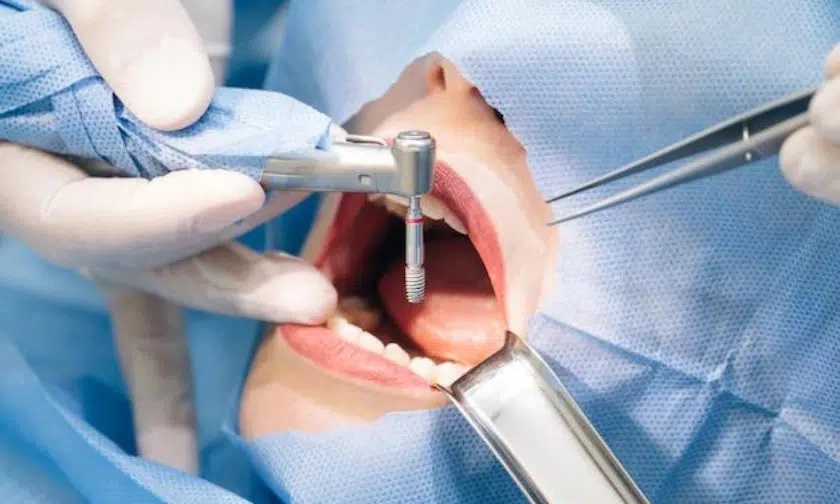Hawaiian dentists have been emphasizing the fact that teeth are assets and one should protect them for as long as possible. A dental implant that replaces a real tooth is expected to look and function like a natural tooth. Since not a lot of dental restorations are capable of achieving this, dentists mostly recommend dental implants Oahu.
Dental implants have the best results as compared to other dental treatments. Studies have shown that implants have a success rate of 95%, reducing the chances of failures, risks, and dangers significantly. However, the success rate may decrease depending on the unique circumstances of the patient. Anyone considering dental implant surgery should be aware of the failure risk factors.
What makes dental implants the best tooth replacement option?
Dental implants allow you to return to your normal life after losing your teeth in an accident or due to disease or decay. You can speak properly, eat what you want, confidently smile in public, and meet people. There are not many dental restorative options that are capable of doing this.
When you visit a dental clinic for tooth replacement concerns, your dentist is most probably going to suggest getting dental implants if you are the right candidate for it. They act, feel, and look like natural teeth. Moreover, studies have shown that implants have a success rate of 95%. Therefore, dentists are quite confident about this particular treatment procedure.
Furthermore, dental implants are the only dental restorative option that allows bone growth and prevents bone loss.
Which factors affect the success rate of dental implants?
Generally, if all the right conditions are met, dental implants have a success rate of 95%. However, the rate can vary depending on the following factors:
-
The implant type.
There are numerous types of dental implants, such as zygomatic, endosteal, and subperiosteal implants. While each has its own success rate and is commonly used, endosteal has the highest success rate of 95%.
-
The patient’s health.
The patient’s health greatly affects the success rate of any dental surgery or treatment. If the patient maintains a healthy lifestyle and does not smoke or drink, they have higher success rates and lower risks of complications. If you plan on getting implants, start focusing on your health a few months prior.
-
The surgeon’s experience.
You must always look for an experienced and qualified surgeon for the job. A poor surgeon may not be able to give you good results even with the finest materials and equipment. Research the surgeon’s background before you go through with it.
-
Aftercare.
The aftercare of a dental implant surgery is important. You must keep the surgical area clean, avoid certain foods for some time after the treatment, and visit your dentist regularly for routine check-ups. Taking care of your implant will also ensure that it lasts a lifetime.
-
Quality of supporting bone.
A dental implant procedure involves inserting a titanium screw into your jawbone. Therefore, a weak, soft, or unhealthy bone is not right for the procedure. In an unhealthy bone, there is a chance of micro-movement of the implant, which can hamper the healing period of the bone.
-
Infection.
There is a chance of infection following the dental implant procedure. An infected tissue prevents the healing of the surgical area and creates complications. Well-trained dentists prescribe an antimicrobial rinse and antibiotics to mitigate the risks.
-
Maintenance of oral hygiene.
Finally, if you do not take care of your oral hygiene, it can lead to a risk of infection. Implants need to be cleaned like natural teeth do. Make sure to brush and floss every day.
Schedule a consultation today!
The best way to understand if you are the right candidate for dental implants is by consulting with a professional. Dentists will be able to tell you if there are chances of failures or complications and what you can do to reduce those chances. Schedule a visit today.


Comments are closed.